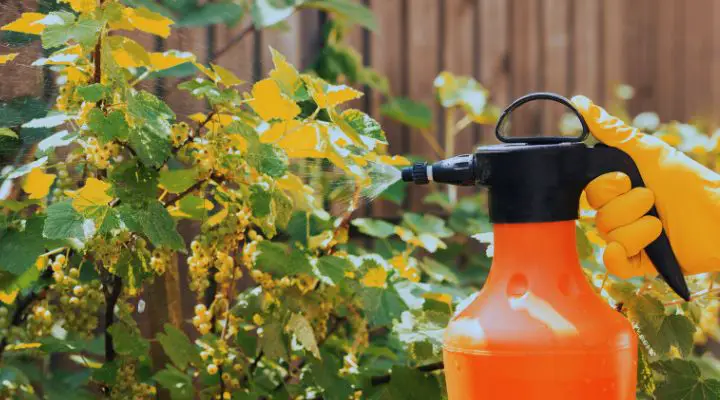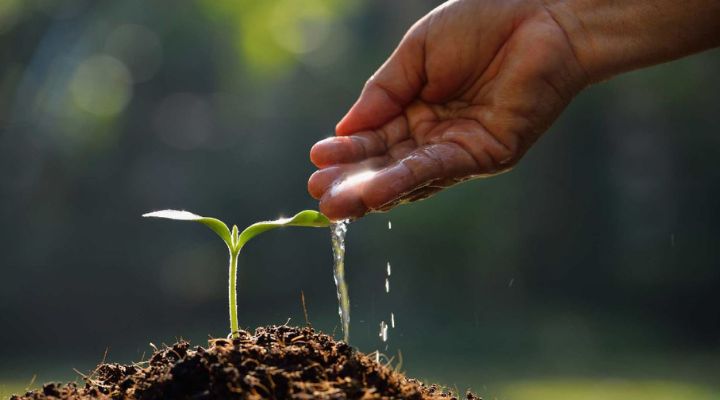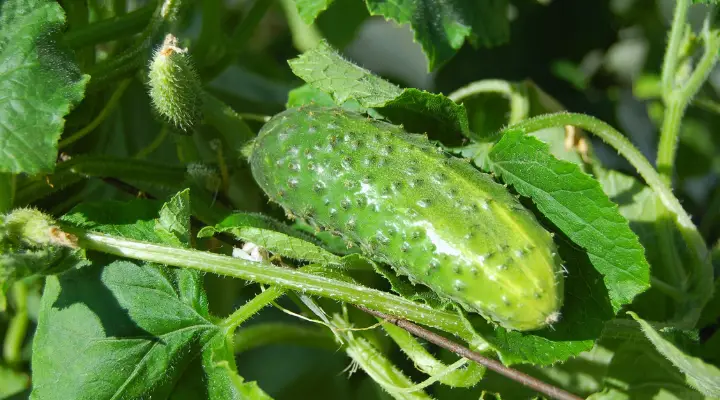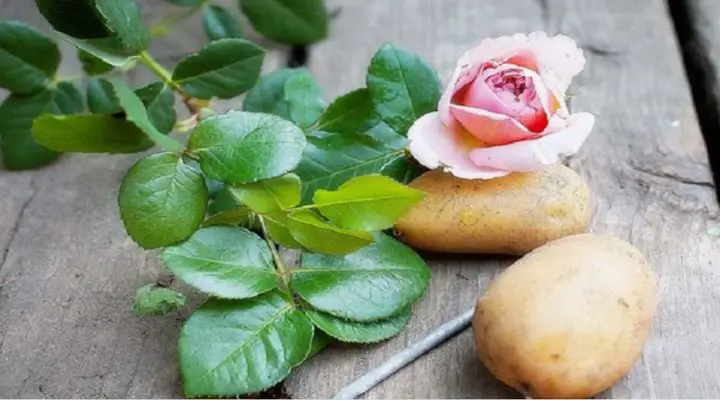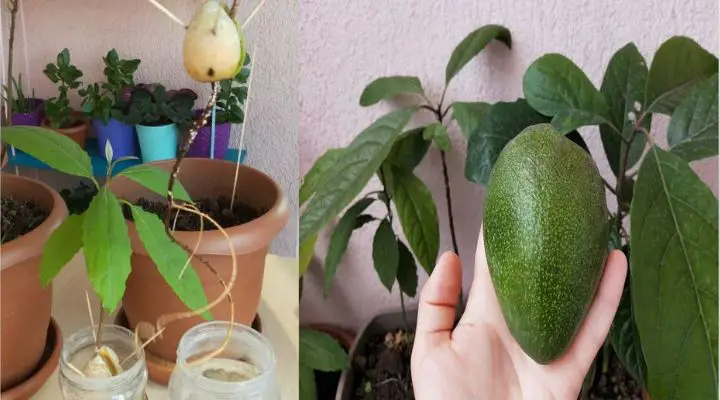Gardening can be both an art and a science, requiring careful attention to soil, plants, pests, and overall garden health. Fortunately, baking soda, an inexpensive and widely available household item, has proven to be an indispensable tool for gardeners. Below, we explore 14 clever ways to use baking soda in your garden, ensuring thriving plants and an eco-friendly approach to gardening.
1. Natural Fungicide for Plants
Fungal diseases like powdery mildew and black spot can wreak havoc on your plants. Baking soda provides a natural solution. Combine 1 tablespoon of baking soda, 1 gallon of water, and a few drops of dish soap. Spray this mixture on affected plants to neutralize fungal spores and prevent the disease from spreading.
2. Pest Control Without Chemicals
Baking soda can deter common pests such as aphids, ants, and spider mites. Dust a small amount around the base of plants or mix with water to create a spray. This method keeps pests at bay without harming beneficial insects.
3. Sweeten Your Tomatoes
Did you know that baking soda can enhance the sweetness of your tomatoes? Sprinkling a small amount of baking soda around the base of tomato plants reduces soil acidity, resulting in sweeter fruit. Be sure not to overdo it, as excess baking soda can harm the soil.
4. Clean Gardening Tools and Pots
Gardening tools and pots often accumulate dirt, sap, and rust. A paste made of baking soda and water works wonders to clean and disinfect them. Scrub with a brush and rinse thoroughly to keep your tools in top shape.
5. Test Soil pH Easily
Understanding your soil’s pH is essential for healthy plants. To test pH, mix baking soda with water and pour it over a soil sample. If the mixture fizzes, your soil is acidic. This simple test can guide your soil amendments.
6. Control Weeds Effectively
Baking soda acts as a natural weed killer when applied directly to cracks and crevices where weeds grow. Its high sodium content dehydrates weeds, making it an effective and eco-friendly alternative to chemical herbicides.
7. Deodorize Compost Piles
Composting is an excellent way to recycle organic waste, but it often comes with unpleasant odors. Sprinkling baking soda over your compost pile neutralizes odors without affecting the decomposition process.
8. Protect Fruits and Vegetables from Rot
Preventing rot is crucial for preserving your harvest. A solution of baking soda and water sprayed on fruits and vegetables creates a protective barrier against mold and rot. Use it sparingly to avoid altering the soil balance.
9. Keep Slugs and Snails Away
Slugs and snails can damage tender plants. Sprinkle a barrier of baking soda around the base of plants to deter these pests. The texture and alkalinity of baking soda are unappealing to them, keeping your plants safe.
10. Enhance Flower Blooms
Certain flowering plants, like geraniums and begonias, benefit from slightly alkaline soil. Adding a small amount of baking soda to the soil can encourage vibrant blooms and improve overall plant health.
11. Remove Garden Grime from Hands
After a long day of gardening, your hands may be covered in dirt and grime. A paste of baking soda and water effectively cleans hands while being gentle on the skin. Rinse with water, and your hands will feel refreshed.
12. Eliminate Ant Hills
Ant infestations in the garden can disrupt plant roots. Sprinkle baking soda directly onto ant hills, then follow up with a splash of vinegar. This combination eliminates ants and their nests naturally.
13. Keep Cut Flowers Fresh
Baking soda can prolong the life of cut flowers. Add a teaspoon to the water in your vase to prevent bacteria growth, keeping your flowers looking fresh longer.
14. Absorb Excess Moisture
Gardens with poor drainage are prone to waterlogging, which can harm plant roots. Baking soda absorbs excess moisture in small problem areas, helping to protect your plants from root rot.
By integrating baking soda into your gardening routine, you can solve common challenges, improve plant health, and maintain an eco-friendly environment. From pest control to soil enhancement, this versatile household staple truly lives up to its reputation as a gardener’s best friend.

